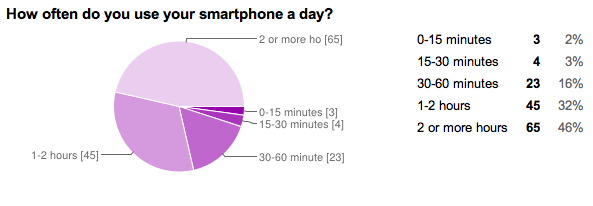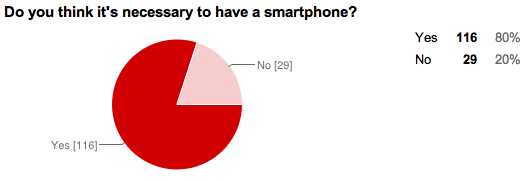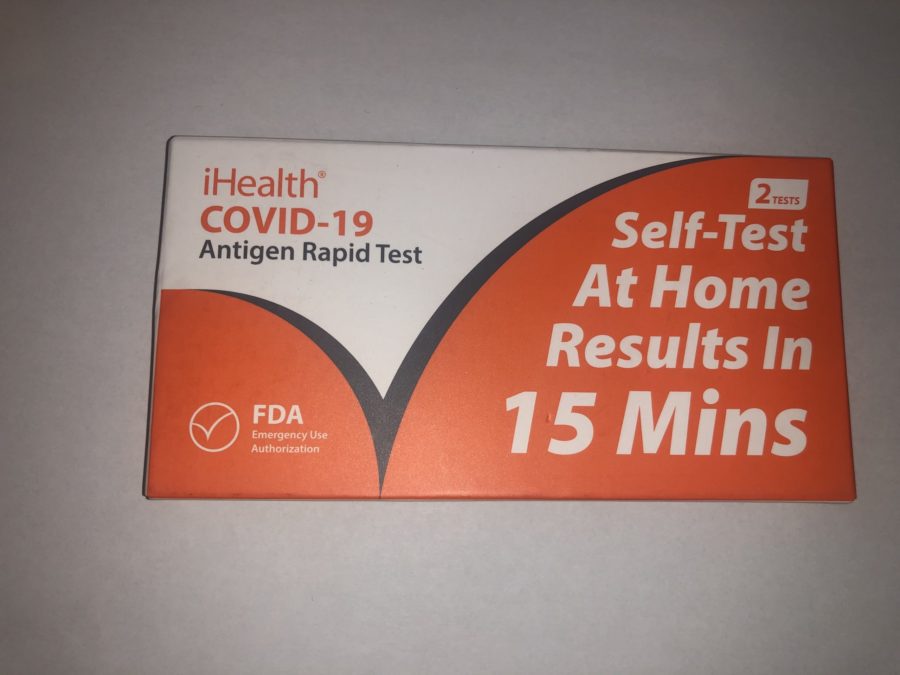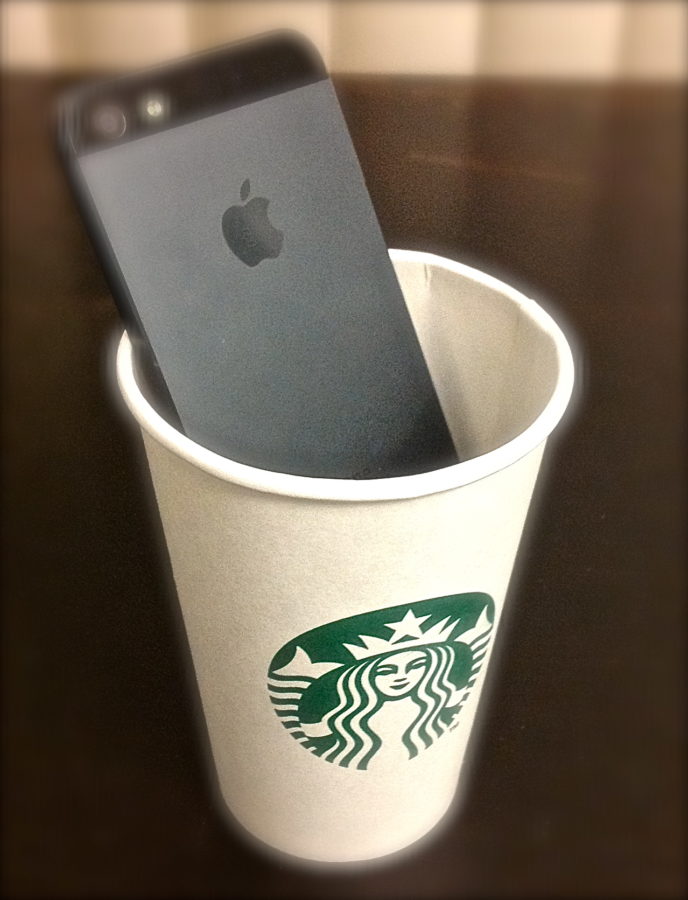Kevin Park, staff writer
A smartphone is called a smartphone, because it is so smart that it can do almost everything you need on everyday basis. It lets you call and text people, take and share pictures and videos, check emails and weather right in your palm instantly. The versatility and mobility of a smartphone have virtually given users unlimited access to the Internet, social media and entertainment regardless of time and location. As technology is improving, smartphones have become even smarter, being able to even recognize your face and fingerprints; but, what about the users? Have they gotten smarter, too?
As smartphone technology has been enormously revolutionized, people have become more reliant on it as a result. Every day, students check their grades on their phones in school, gourmets find where to dine on their phones and investors trade their stocks with few clicks on their phones. As smartphone have become the newest must-have accessory, they have deeply encroached in our everyday lives.
So what has this little electronic device done to our brain? According to “Time” magazine’s survey taken from June 29 to July 28, 2012, “Your Wireless Life” , 84 percent of respondents said that they could not go a single day without their smartphone, 50 percent of Americans sleep with their phone next to them and 20 percent of respondents check their phone every 10 minutes. Below is how smartphones affect the lives of Normans.
In this survey, a total 145 students responded from May 7 to May 20, 2013 with an equal distribution between genders and across all grade levels.
-
128 of 145 respondents pull out their smartphones whenever they are bored waiting.
-
115 of 145 respondents first check their smartphones after waking up.
Story continues below advertisement -
107 of 145 respondents feel tempting to use their smartphone during class.
-
88 of 145 respondents take their smartphone anywhere anytime, even when they go to bathroom.
Based on these statistics, high school students’ smartphone behaviors highly mirror those found in adults.
Forty-six percent of respondents said they use smartphones more than two hours a day, and 32 percent of respondents said they use smartphones between one and two hours a day. Also, 36 percent of respondents said that they use a smartphone to use social media such as Facebook, Twitter and Instagram the most.


“The excessive use of social media is really a worrisome. It has become a major cause of many psychological disorders and abnormal behaviors. People should realize that they can live normally without social media.” senior John Xiang said.
The financial part of using smartphone is also not negligible. Forty-four percent of respondents said that they pay between $75 and $100 a month for their smartphones. Fourteen percent of respondents said they do not know.

The most fascinating part is how most students were actually aware of their excessive usage. While 67 percent of respondents agreed that a smartphone is important or very important in their life and 80 percent of them agreed that a smartphone is necessary to have, 72 percent of them also found smartphones very distracting in their life. Fifty percent of them also feel anxious when their phone’s battery is low. Despite these responses, 56 percent of them actually believed that they should use their smartphone less frequently.

“Smartphones have really encroached our lives, especially the recent generation. People cannot just cut off from the society and try to communicate online all the time. That is not the society we want, ” senior Yoon Lee said.
So what does this data really tell us? It seems that students are mostly aware of derivative problems from using smartphones, while they still believe that it is necessary to have a smartphone for convenience.
This seems to be the newest type of “caffeine addiction.” Many people enjoy caffeinated coffee, and some people are actually addicted to it. While the majority of people control their ingestion of caffeine, some people ingest excessive amounts of caffeine due to addiction, which can cause a serious blood pressure issue, or even stroke. While these addicted people know that excessive amount of caffeine will hurt their health, it is not so easy for them to stop drinking caffeinated beverage, because it has become an everyday habit or routine for them to work or live. It appears that smartphone addiction looks just like the caffeine addiction. People know smartphones distract them too much, yet they keep using them excessively for convenience, which eventually becomes a bad habit.
If you find yourself alarmed after reading this article, here are some tips to cut down the latest addiction. Hopefully this helps to lead your healthier lifestyle.
1) Be conscious of the situations and emotions that make you want to check your phone: boredom, loneliness or anxiety.
2) Be strong when your phone beeps or rings. You do not always have to answer it in situations like when you are eating with family, waiting for a girlfriend or boyfriend and reading books. You can avoid temptation by turning off the alert signals.
3) Be disciplined about not using your device in certain situations or at certain hours.






























